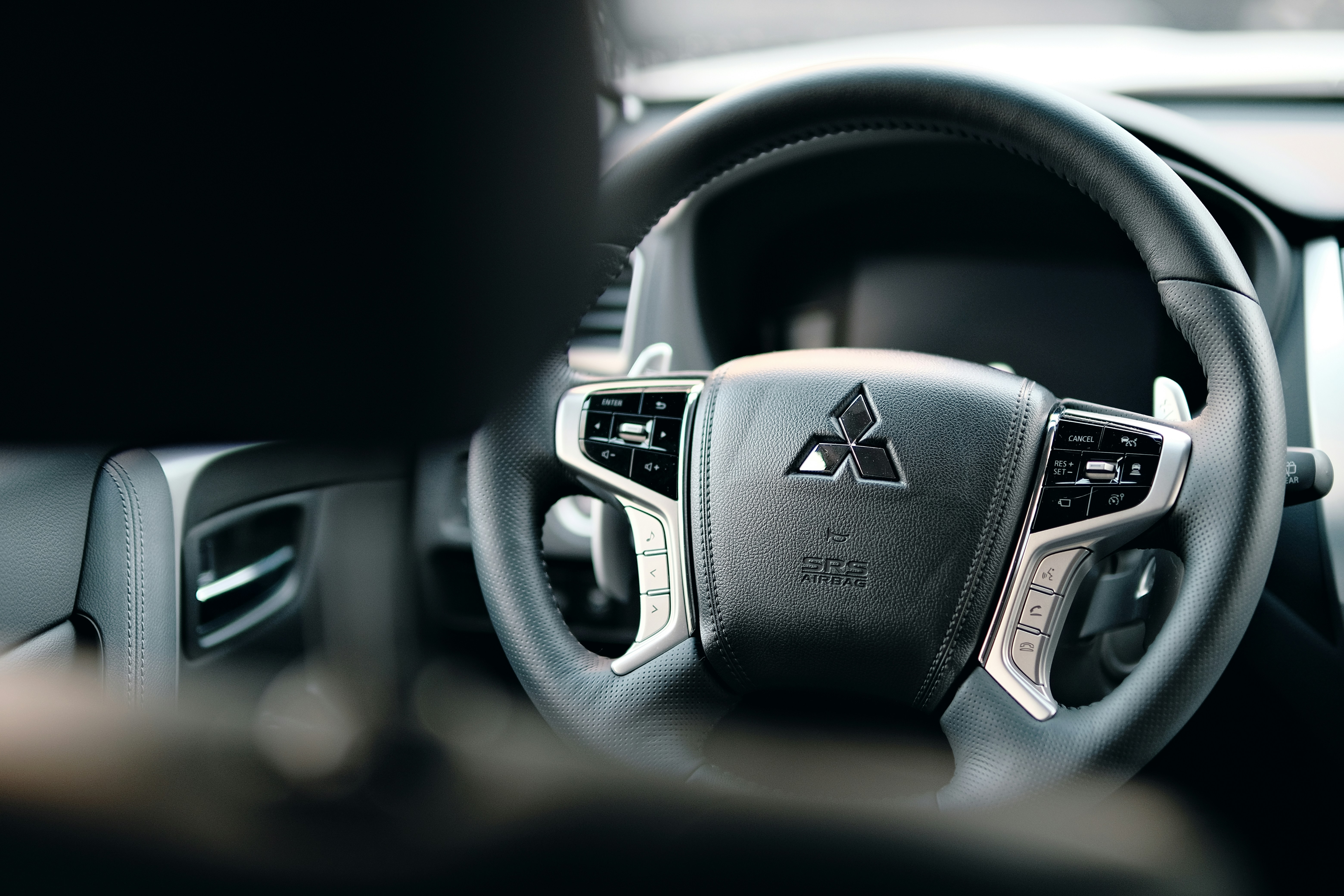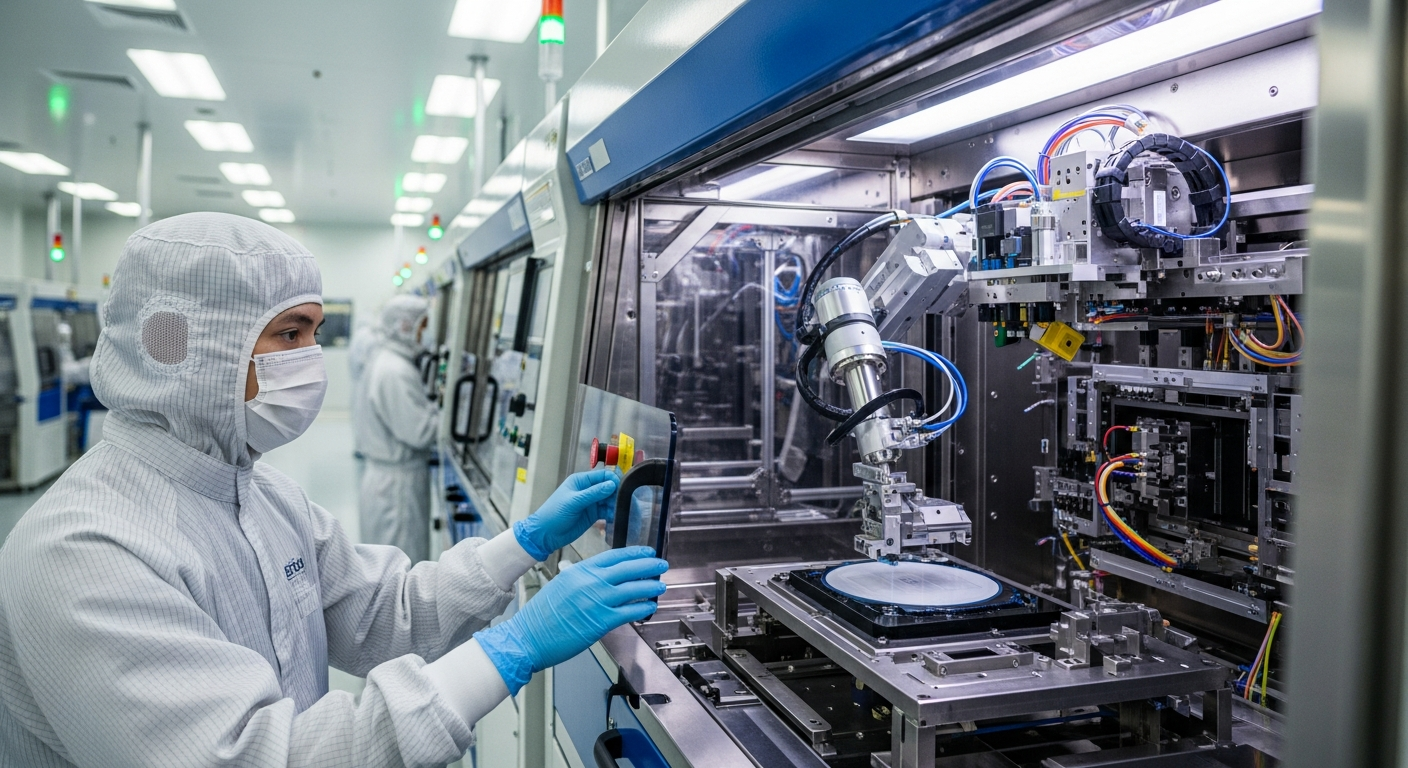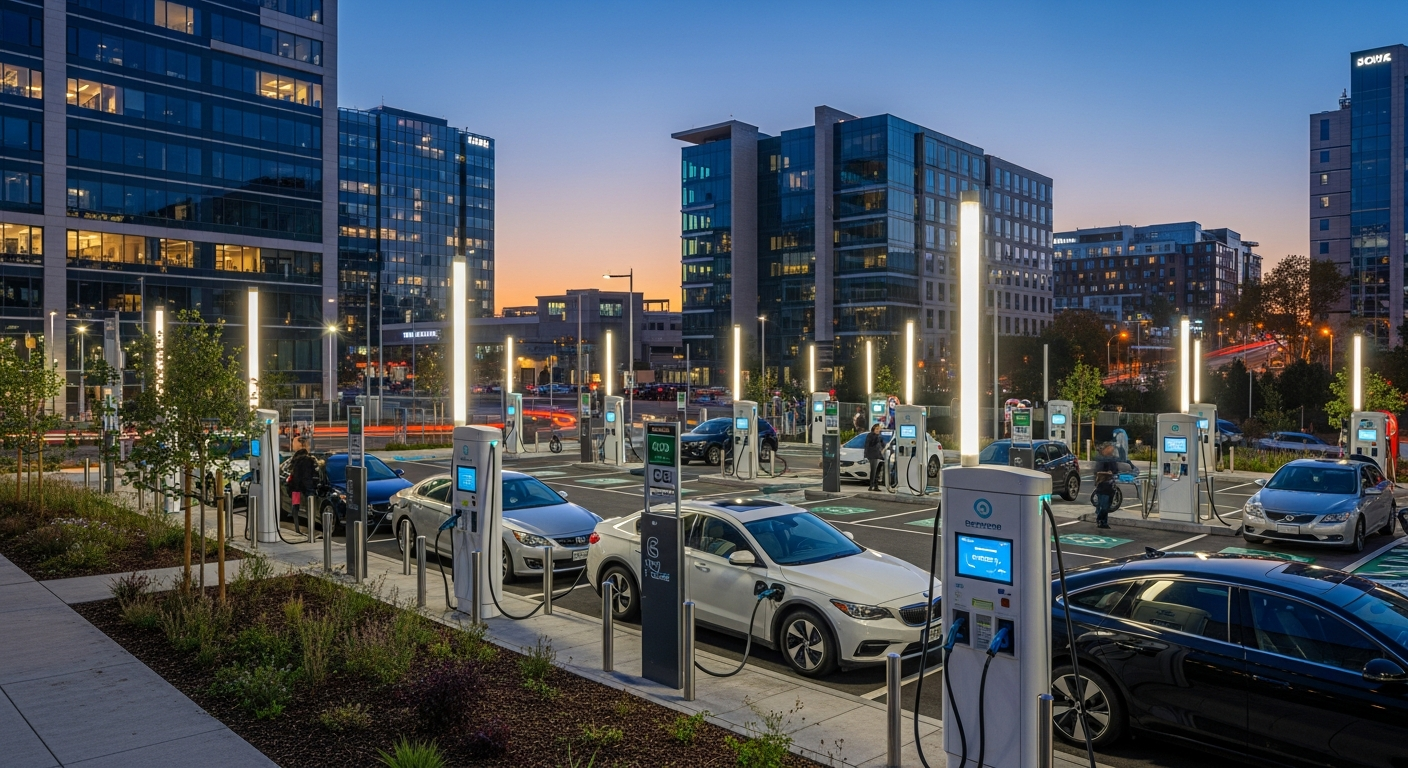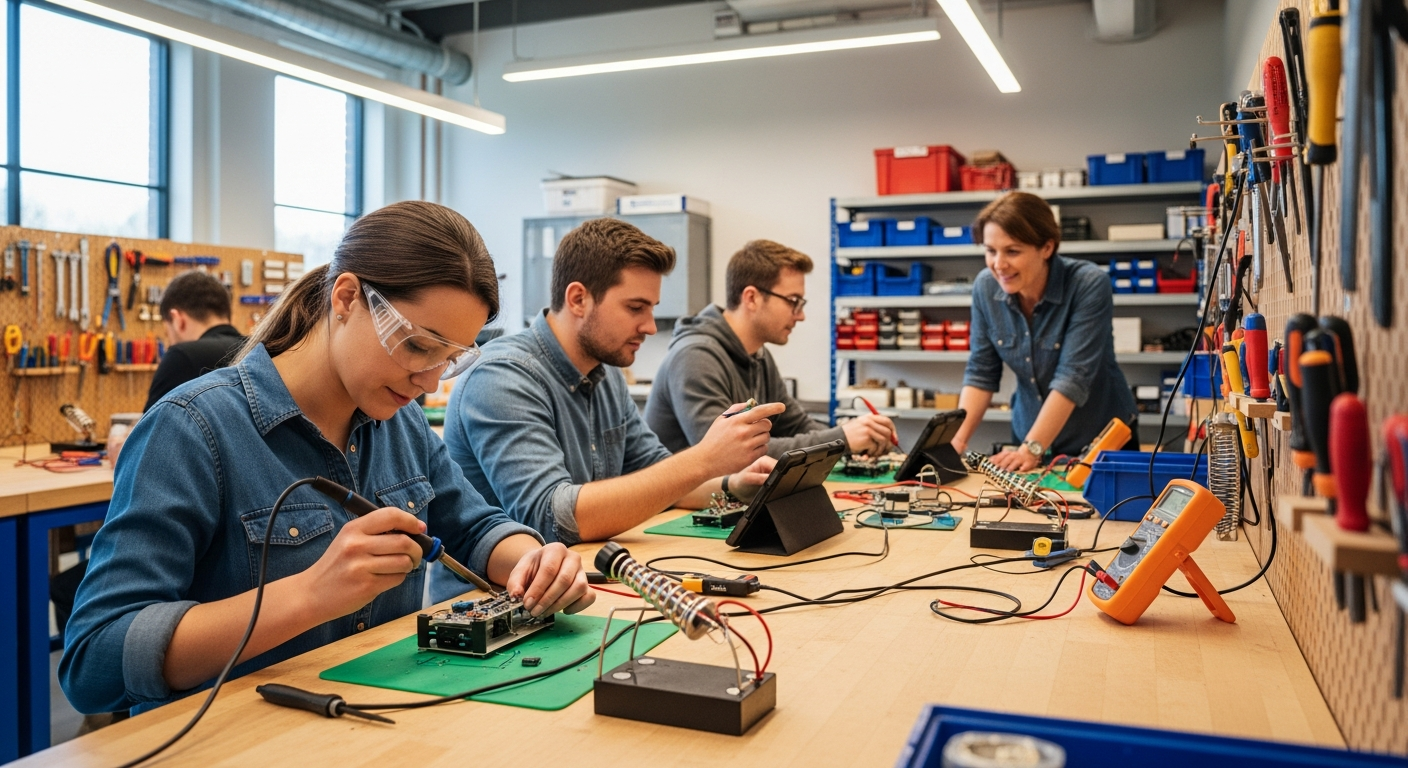Automotive Biometrics: The Next Frontier in Car Security
The fusion of cutting-edge biometric technology with automotive engineering is ushering in a new era of vehicle security and personalization. As car theft continues to evolve, manufacturers are turning to sophisticated biometric systems to stay one step ahead. But these innovations go far beyond simple security measures, promising to revolutionize the entire driving experience. From fingerprint ignition systems to facial recognition-based comfort settings, biometrics are set to transform how we interact with our vehicles.

Beyond the Key Fob: Next-Gen Vehicle Access
Traditional key fobs are becoming relics of the past as biometric vehicle access systems gain traction. These advanced systems use a combination of fingerprint recognition and facial scanning to grant entry to the vehicle. Some manufacturers are exploring subdermal implants that would allow drivers to unlock and start their cars with a simple wave of the hand. This technology not only enhances security but also eliminates the inconvenience of lost or forgotten keys.
Personalized Comfort at a Glance
Biometric systems are extending their reach beyond security, venturing into the realm of personalized comfort. Facial recognition cameras mounted on the dashboard can identify the driver and passengers, automatically adjusting seat positions, climate controls, and infotainment preferences to match individual profiles. This level of customization enhances the driving experience and adds a layer of convenience that was previously unimaginable.
Enhancing Safety Through Driver Monitoring
One of the most promising applications of automotive biometrics lies in driver monitoring systems. These sophisticated setups use eye-tracking technology and facial analysis to detect signs of fatigue, distraction, or impairment. When potential issues are identified, the system can alert the driver or even take corrective action, such as engaging lane-keeping assist or initiating an emergency stop. This proactive approach to safety has the potential to significantly reduce accidents caused by human error.
The Intersection of Biometrics and Insurance
The insurance industry is taking note of the potential benefits offered by automotive biometrics. Some insurers are exploring usage-based policies that rely on biometric data to assess driver behavior and risk. For example, eye-tracking data could be used to determine how attentive a driver is, while heart rate monitoring might indicate stress levels during different driving conditions. This granular level of data could lead to more personalized and fair insurance premiums, rewarding safe drivers with lower rates.
Navigating the Privacy Minefield
As with any technology that collects personal data, automotive biometrics raise significant privacy concerns. The storage and transmission of biometric information present potential vulnerabilities that could be exploited by malicious actors. Manufacturers and policymakers are grappling with questions of data ownership, storage duration, and the extent to which this information can be shared with third parties. Striking a balance between enhanced functionality and user privacy will be crucial for widespread adoption of these systems.
The Road Ahead: Challenges and Opportunities
While the potential of automotive biometrics is immense, several hurdles remain before widespread implementation becomes a reality. Ensuring the reliability of biometric systems in various environmental conditions, from bright sunlight to complete darkness, poses a significant engineering challenge. Additionally, the cost of integrating these advanced technologies into vehicles may initially limit their availability to high-end models.
However, as with many automotive innovations, economies of scale and continued research are likely to drive down costs and improve performance over time. The potential benefits in terms of security, convenience, and safety make automotive biometrics an attractive prospect for both manufacturers and consumers.
Conclusion: A Biometric-Driven Future
As we look to the future of automotive technology, biometrics stand out as a transformative force that will reshape our relationship with vehicles. From enhanced security and personalized comfort to improved safety and novel insurance models, the applications of this technology are vast and varied. While challenges remain, particularly in the realm of privacy and data security, the potential benefits of automotive biometrics are too significant to ignore. As these systems continue to evolve and mature, we can expect to see them become an integral part of the driving experience, ushering in a new era of intelligent, responsive, and secure vehicles.






